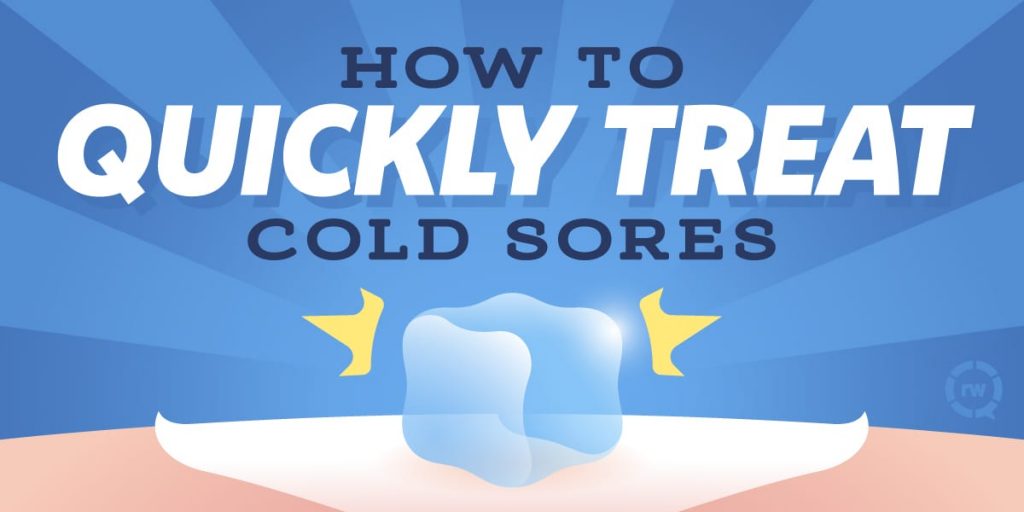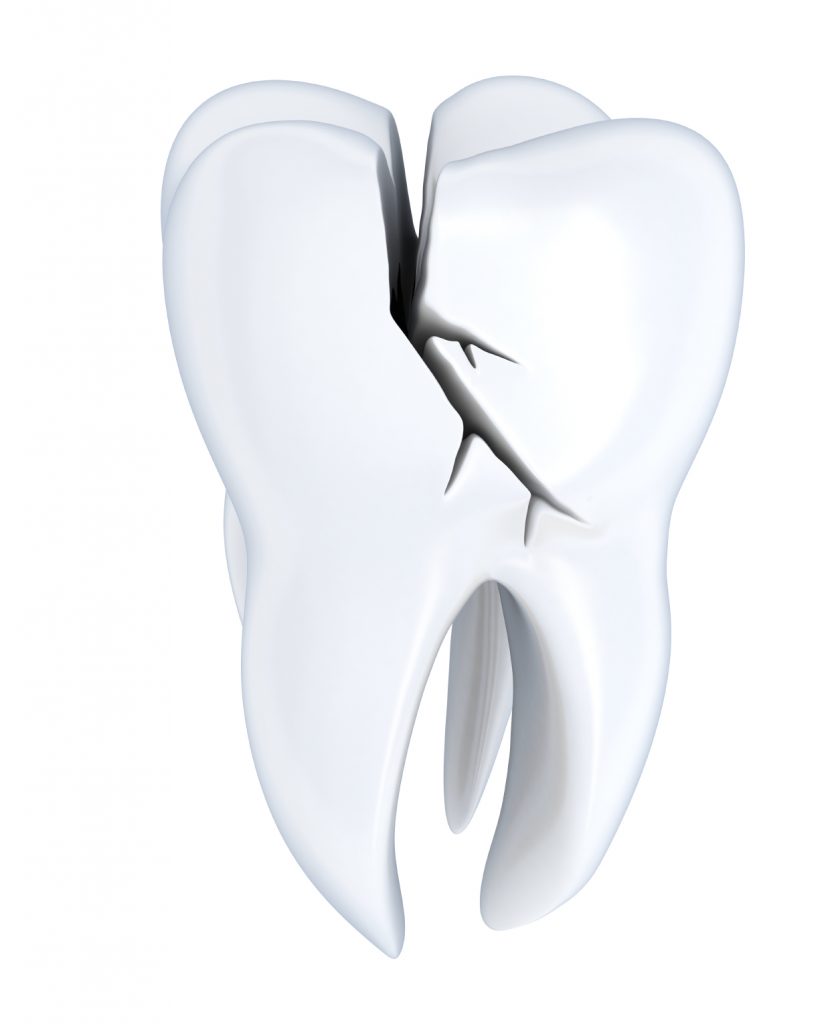
Ugh. A cold sore appears a couple days before a party where you’ll be photographed as much as the Royal Couple. That smile that we’ve been working on together just went from hero to zero, right?
Not necessarily. Finding which cold sore treatment works best for you can help speed along its healing. And that’s why we’re here.
Maybe it isn’t a cold sore, right? Let’s clear the air about what a cold sore is and isn’t.
Cold sores are contagious blisters that usually appear on your lips or around your mouth. Caused by a virus, cold sores usually start with a tingling sensation, evolve into numerous tiny, painful blisters, and later crust over.
Canker sores, on the other hand, aren’t contagious, but they still sting. Unlike cold sores, they usually appear as white oval lesions inside your mouth, especially near or on your gums.
Remedies for Cold Sores
The key to treating a cold sore is acting fast. As soon as the first symptom appears, consider these steps to move the healing process along quickly:
- Apply ice to the cold sore. At the first sign, grab an ice cube, wrap it in a paper towel, place it where you feel the cold sore coming on, and let it melt. Back-to-back applications can reduce the pain.
- Switch to a cold sore-fighting diet. You can boost your immune system’s fight against this viral nuisance with the right foods. Fill your plate with cruciferous vegetables, like broccoli, kale, and cauliflower, and avoid foods with arginine, a cold-sore-triggering amino acid found in nuts, chocolate, and oats.
- Dial down the stress. One of the most common causes of cold sores is, surprise, surprise, stress. Minimizing stress these days can get so complicated that it causes more stress, right? But try giving yourself some time for the restorative, restful activities that drop your heart rate and raise your smile.
- Reach for aloe vera or even an over-the-counter cream. Both natural and medicinal creams have shown promise as cold sore remedies. Some studies suggest that aloe vera can help the fever blister heal, and over-the-counter creams, like docosanol, also tout their ability to knock the sore out of cold sores. Prefer the medicinal route? Check with your healthcare provider or pharmacist before using it.
- Relieve pain with acetaminophen or ibuprofen. Some cold sores can get really painful. For those intense ones, acetaminophen or ibuprofen may provide well-needed relief. Just be sure that your healthcare provider’s on-board with that type of over-the-counter med.
There you have it. You’re on the fast track to treating that cold sore quickly and living your best life at the party. Don’t forget to smile!
If you would like to find out more about cold sore remedies, contact Dr. Ahmadi at 323-312-0500 to schedule a consultation or visit www.dentalimplantcare.com for additional information.
Dr. Mike Ahmadi proudly serves Bell and all surrounding areas.

